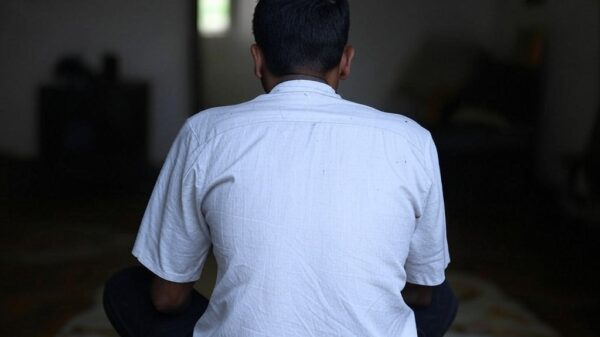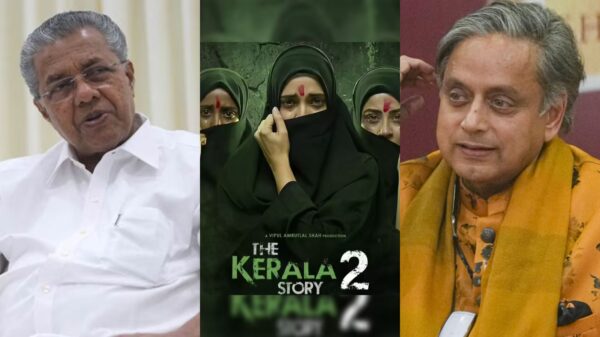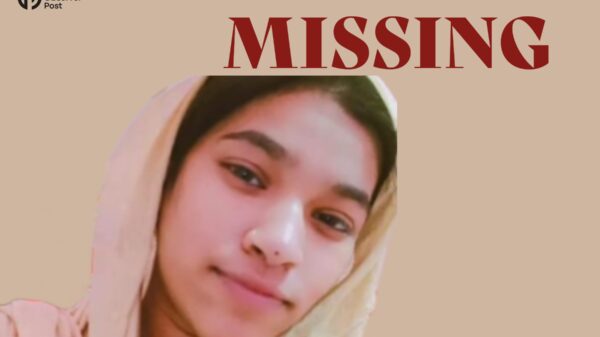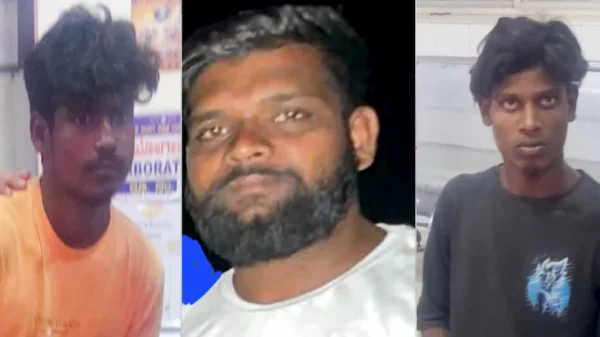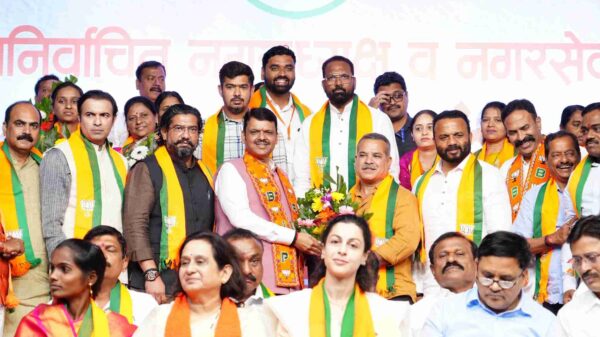An 11-member delegation from the All India Muslim Personal Law Board recently engaged in discussions with the chairman and members of the Law Commission concerning the ongoing debate surrounding the Uniform Civil Code (UCC). The delegation comprised prominent officials and members of the board, including Maulana Khalid Saifullah Rahmani, President of the board, Syed Saadatullah Hussaini, Vice President, and Maulana Muhammad Mufti Makram, among others.
During the interaction, the delegation articulated the board’s steadfast position that the Muslim personal law is rooted in the Qur’an and Sunnah, emphasizing the immutability of its core principles.
The delegation, led by President Maulana Khalid Saifullah Rahmani, held that the Sharia law is fundamental to the Muslim community and that no alterations can be entertained.
The Law Commission sought the delegation’s insights on several pertinent matters. Among the topics discussed were Mut’ah (marriage for a specific period), Halala, gender equality and justice, women’s share in property, the age of marriage in Islam, and the scope of child adoption within Islamic context.
The delegation’s response to these queries was comprehensive and detailed. They clarified that the age of marriage in Islam is not limited by a specific year but is contingent on the readiness of both the prospective bride and groom.
The delegation underscored that, in Sharia, girls typically marry after completing their education and attaining puberty. However, they highlighted that this practice differs in the contemporary context, both within the country and abroad.
The board members also addressed the Commission’s concerns about the legality of live-in relationships and the practice of polygamy, noting discrepancies in the treatment of these issues.
The delegation further rectified misconceptions about Halala and elucidated Islam’s perspective on women’s inheritance rights, asserting that Islam prioritizes justice over gender equality.
Spokesperson and senior member of the board, Dr. Qasim Rasool Ilyas, attributed the current discourse surrounding the UCC to political motives. He said that these debates are spurred by the 2024 Lok Sabha elections, implying that the focus appears to be on the Muslim community. The board expressed its resolute opposition to the UCC and emphasized its commitment to uphold the Sharia law.
In response, Chairman Awasthi of the Law Commission assured the delegation that while the Commission aims to address contentious issues, it is also dedicated to respecting the tenets of the Sharia law.








